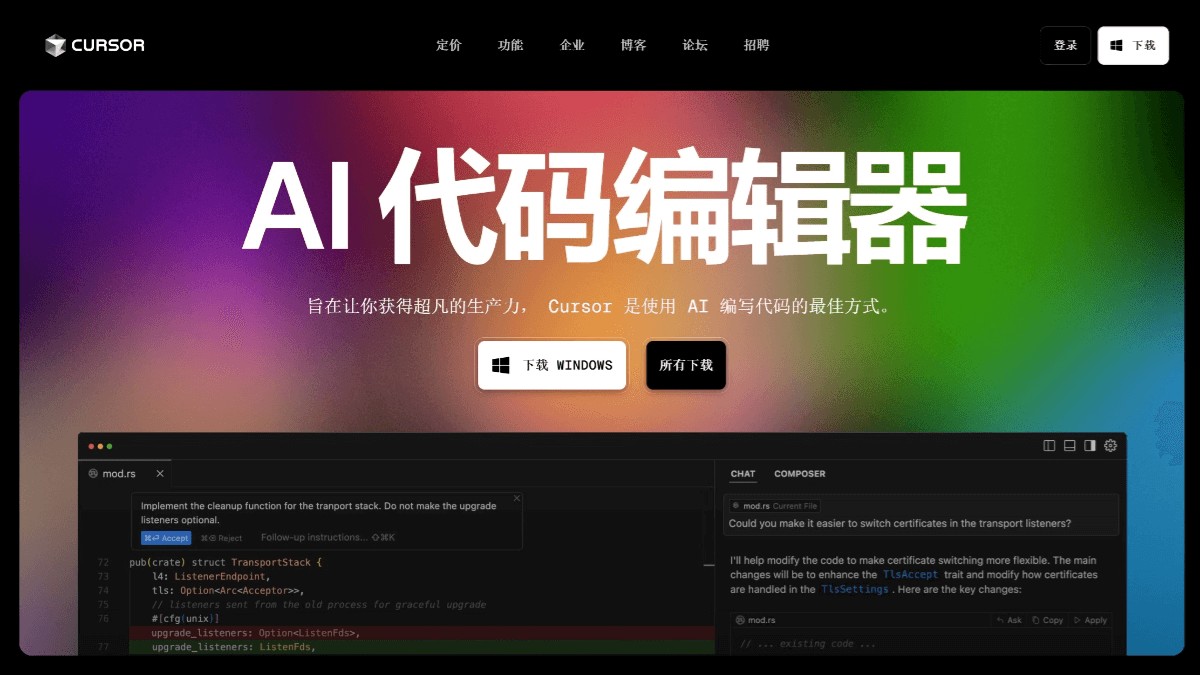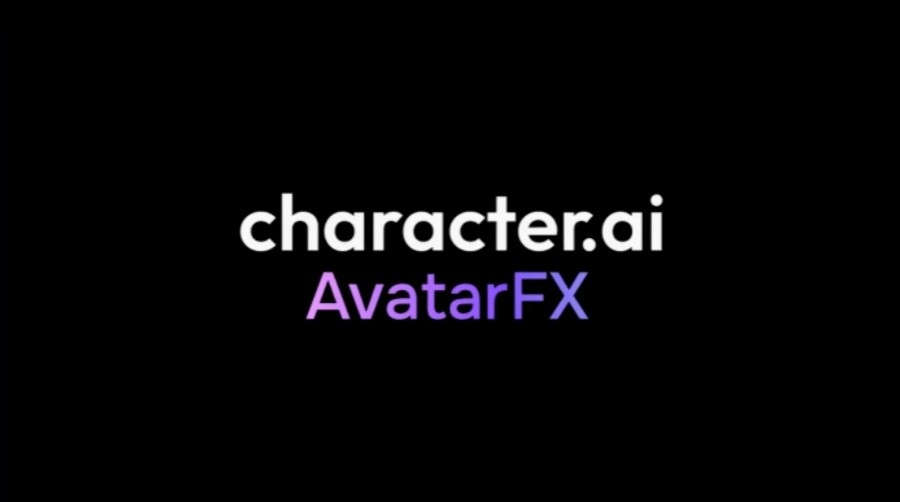
For novices, understanding the basic concepts and applications of AI is the first step towards the field of artificial intelligence. Although it seems a bit abstract, through simple examples and practical applications, we can gradually master the core ideas of AI and its application in life. wide range of applications.
AI (artificial intelligence) is a technology that allows computers and machines to simulate intelligent human behavior. In other words, the goal of AI is to enable machines to perform tasks that usually require human intelligence, such as thinking, learning, reasoning, understanding language, etc.
Intelligence : Intelligence refers to the ability to solve problems, learn, adapt, and make decisions. Humans perform these operations through their brains, and the goal of AI is to simulate these operations.
Machine Learning : Machine learning is a subfield of AI that allows computers to automatically learn from data and experience without explicit programming. For example, a model is trained through large amounts of data so that it can recognize images, predict trends, etc.
Deep Learning : Deep learning is a branch of machine learning that uses artificial neural networks to perform more complex learning and is widely used in speech recognition, image processing and other fields.
The working principle of AI can be simply divided into several steps:
Data collection : AI requires large amounts of data as the basis for learning. For example, image recognition requires a large amount of picture data, and speech recognition requires a large amount of voice data.
Data preprocessing : The collected data usually needs to be cleaned and converted into a format that can be understood by the machine. This process is called data preprocessing.
Model training : Use machine learning algorithms (such as linear regression, decision trees, neural networks, etc.) to input data into the model, and the model will learn based on the patterns in the data.
Model prediction : The trained model can be used for prediction or classification, and the final result is output.
AI has been widely used in various industries. The following are some common application scenarios:
1) Voice Assistant
Application examples : Smart voice assistants such as Siri, Alexa, and Google Assistant, which can recognize the user's voice commands and respond (such as setting alarm clocks, answering questions, playing music, etc.).
Working principle : Use natural language processing (NLP) technology to convert speech into text, and then process commands through machine learning and semantic analysis.
2) Image recognition
Application examples : face recognition (such as unlocking mobile phones, payment verification), object recognition in autonomous driving, medical image analysis, etc.
Working principle : Convolutional neural network (CNN) in deep learning can identify features in images and classify and label them.
3) Recommendation system
Application examples : Netflix, YouTube, Spotify and other platforms recommend movies, videos, and music based on users’ historical behaviors.
How it works : By collecting user behavioral data (such as viewing records, click frequency, etc.), AI uses algorithms to analyze and predict user preferences and provide personalized recommendations.
4) Autonomous driving
Application examples : Tesla’s autonomous driving technology allows cars to drive autonomously, avoid obstacles, change lanes, etc.
Working principle : Combining computer vision, sensors and machine learning, AI helps vehicles identify roads, pedestrians, and other vehicles and make driving decisions.
5) Natural language processing (NLP)
Application examples : Google Translate, chat robots (such as customer service robots), etc.
Working principle : NLP technology enables computers to understand and generate natural language, allowing machines to perform language translation, automatically generate text, or have conversations with humans.
6) Intelligent medical care
Application examples : AI applications in medical image analysis, drug research and development, health monitoring, etc.
How it works : AI helps doctors make diagnostic decisions or predict the occurrence of diseases by analyzing large amounts of medical data, medical record information and images.
AI technology is constantly developing and maturing, and its application scope is expanding. In the future, AI will be more embedded in our daily lives and work:
Smart home : Automatically adjust temperature, lighting, security, etc. to improve life comfort.
Smart city : AI helps cities manage traffic, environmental monitoring, energy consumption, etc., and improve city operation efficiency.
Personalized education : AI can customize course content according to students’ learning progress and interests to achieve personalized teaching.
Start with simple concepts : You can learn the basic concepts and applications of AI through free online courses or introductory AI books.
Hands-on practice : You can try to use simple AI tools to carry out small projects (such as image classification, chat robots, etc.) to accumulate practical experience.
Learn advanced techniques step by step : Once you’ve mastered the basic concepts, move on to machine learning, deep learning, and other advanced techniques in greater depth.
It is not difficult to understand the basic concepts and applications of AI. The most important thing is to start with simple definitions and applications, and then gradually learn the principles behind it in depth. The widespread application of AI has penetrated into all aspects of life. Understanding these applications will not only help you quickly master the basic knowledge of AI, but also lay the foundation for future learning and practice.



